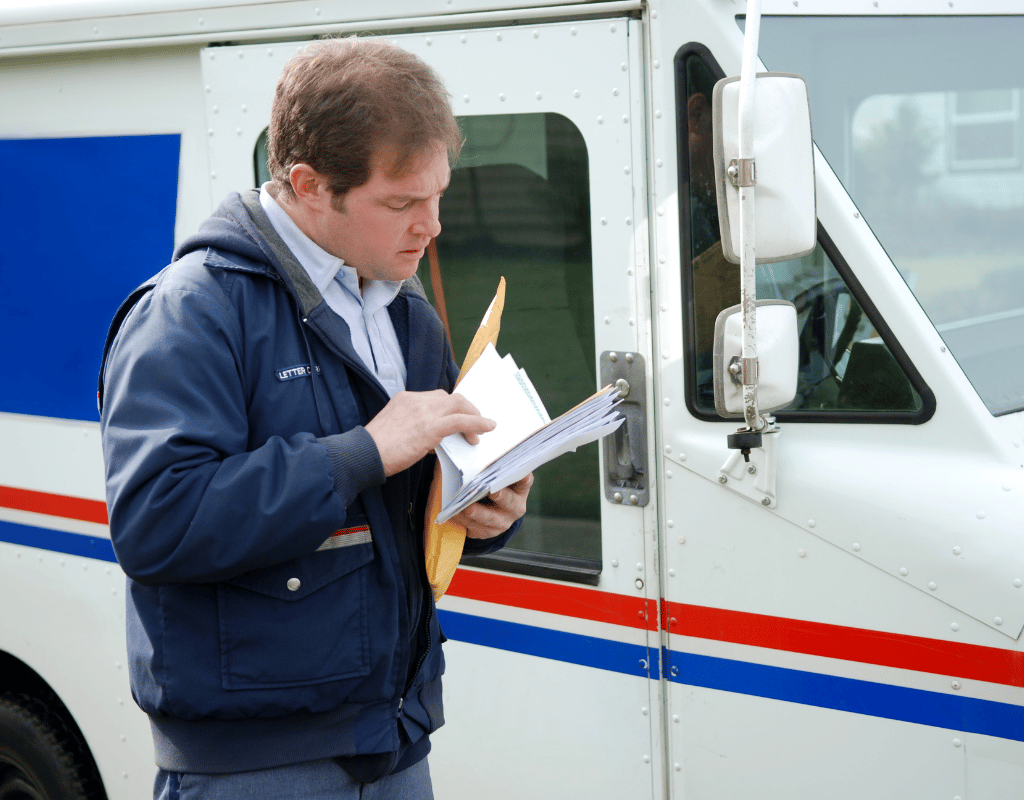Free Consultation
Free Consultation

A recent increase in New York dog bite incidents has compelled USPS employees to carry dog repellant, assign warnings to certain households, and equip their handheld scanners with dog alert software. It might be shocking to you that New York State ranks fourth in the list of most mail-carrier dog bite incidents.
Each year, the United States Postal Service dedicates June 12 to June 18 as National Dog Bite Awareness Week. This year, they are trying to spread awareness with “Be Aware: Any Dog Can Bite” as their campaign slogan. They want folks to know that, in 2020, 5,800 postal service workers were bitten by dogs — 300 in New York State alone.
While dogs may attack in a territorial way or in response to a perceived threat, their owners are still held to legal standards. Part of this includes doing everything in their power to ensure that their dogs do not cause harm to others.
In this post, we will discuss what you are entitled to as a dog bite victim and under what circumstances you are entitled to additional compensation.
New York Law states that all medical and veterinary bills resulting from injuries by a dog are to be recovered in favor of the victim. Non-medical damages, however, require proof that the owner could have done something to stop the damage — yet no action was taken.
New York Agriculture & Markets Code section 123 covers sustained injuries caused by a dog, including bite and non-bite injuries.
The statute states that the owner is held liable for all medical and veterinary bills resulting from injuries caused by the “dangerous dog”. These bills can be recovered even without proof of negligence.
The statute states that a “dangerous dog” is defined as one that:
Under this statute, medical and veterinary expenses are still the responsibility of the dog’s owner, even if the owner attempted to restrain the dog from aggression.
Say your neighbor’s dog chewed through your fence, dug through your garden, ran into your home, and bit you. No matter what, the owner of the dog is liable for the medical expenses for your bodily injuries.
The costs regarding the damages unleashed on your fence, garden, and home, however, are not a guaranteed recovery.
Non-medical damages resulting from a dog-related injury require the injured person to prove that the dog’s owner was negligent. “Negligence” in this context means that the dog’s owner failed to use reasonable care or restraint to prevent injuries from occurring.
Proving negligence can be difficult. New York’s “One Bite Rule” establishes that the victim must prove scienter in order to establish the dog owner’s negligence. Scienter, in this context, is when the owner knows their dog is prone to violence, but they take no action to prevent a damaging attack.
Essentially, the victim may not be permitted recovery for non-medical damages unless they can prove the owner understood their dog’s propensity for violence. In the case that both parties present conflicting evidence regarding the dog’s tendencies, the issue must be given to a jury to decide.
New York Agriculture & Markets Code section 123 allows misdemeanor charges to be filed and criminal liability to be issued if:
A summary for this post can be stated as New York’s highest court put it:
“The owner of a domestic animal who either knows or should have known of that animal’s vicious propensities will be held liable for the harm the animal causes as a result of those propensities.”